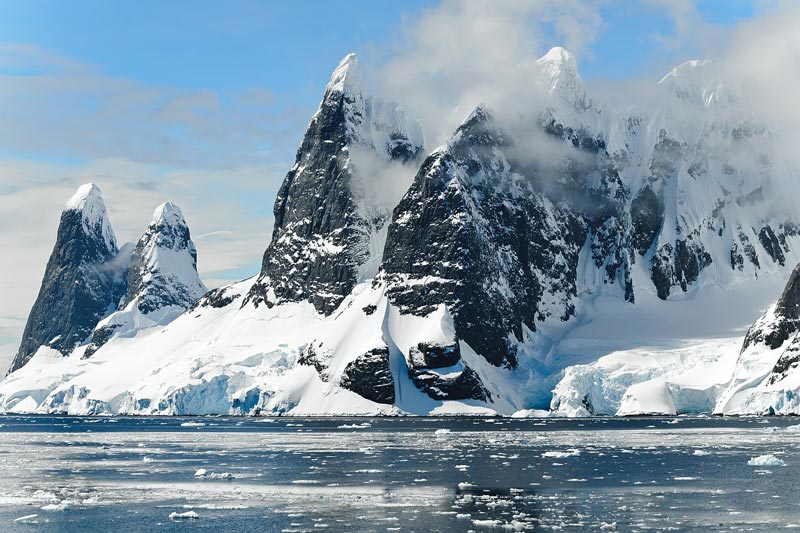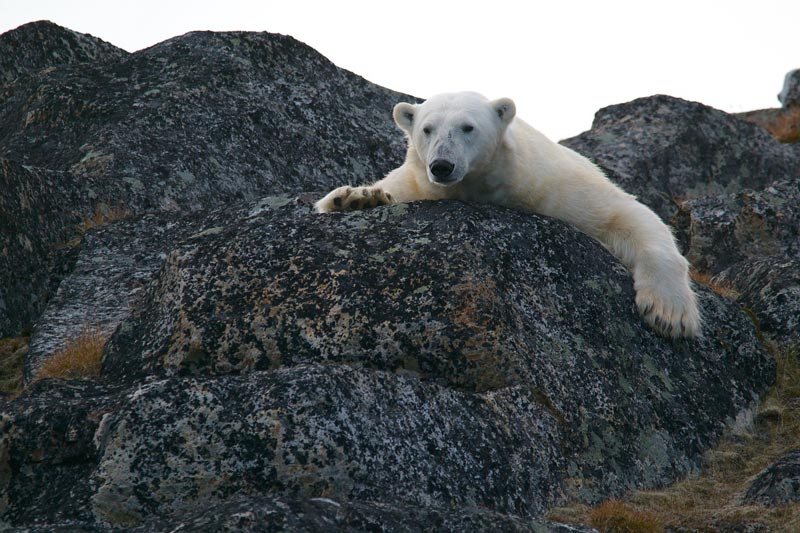Global warming is a serious issue, and it’s a term that means the planet is experiencing a gradual warming of temperatures due to an increase in gasses and pollutants like carbon monoxide and CFCs. These pollutants are causing what is popularly known today as “the Greenhouse Effect”. Whatever we call it, global warming is impacting every living being on planet earth including plants and animals, in addition to ice caps melting, increasing sea levels and the extinction of plant and animal species.

As we know, the planet’s ecosystem is extremely fragile and complex. Everything is interconnected to each other and a small lapse in the ecosystem can cause disasters. Each year, we are noticing gradual changes that are cause for worry – birds are laying their eggs earlier each year, flowers are blooming earlier and animals who are hibernating, wake up earlier. When sea levels rise even 50cm, sea turtles will lose their nesting grounds and this can mean extinction. This is especially true for migratory wildlife and plants including mangroves, seagrass and coral.
There is already a reduction in the population of fish. There are severe weather changes including storms, flooding, droughts and more. Don’t forget our health – air pollution causes major health issues to humans, flora, fauna and animals. Allergies increase and many more people start having respiratory issues. Rising temperatures can mean the increase of cardiovascular diseases and kidney disease. Our water sources are threatened.

While the world may be putting the blame for global warming on large industries, individuals and smaller groups can also do their part to help conserve the planet and reverse the effects of global warming. There are a few things you can do in your own home to reverse your carbon footprint, including recycling, reducing the use of plastic bags (bring your own cloth bag when you grocery shop), use a refillable water bottle instead of plastic water bottles or plastic cups, and perhaps install solar panels in your home, if you’re able to do so.
If you would like to know more about Indonesian wildlife conservation, the Greenhouse Effect and how you too can play a part in reversing the impact of global warming, visit the Bali Safari Park in Gianyar, Bali.






